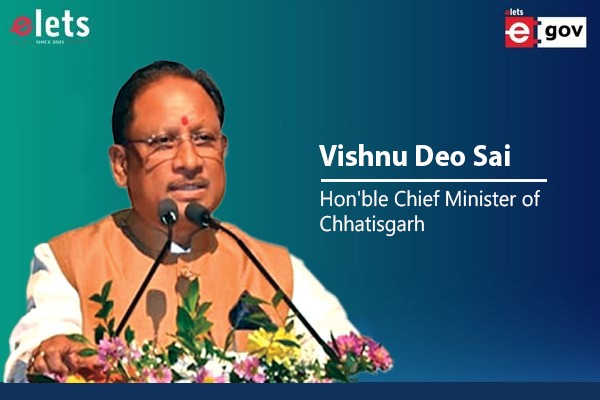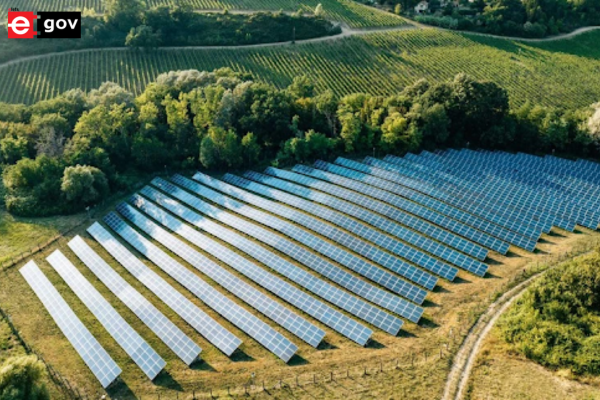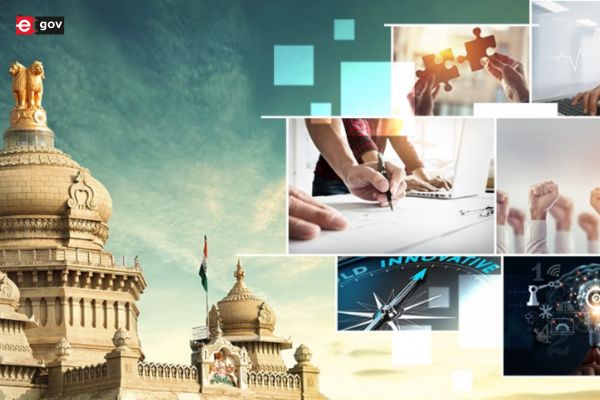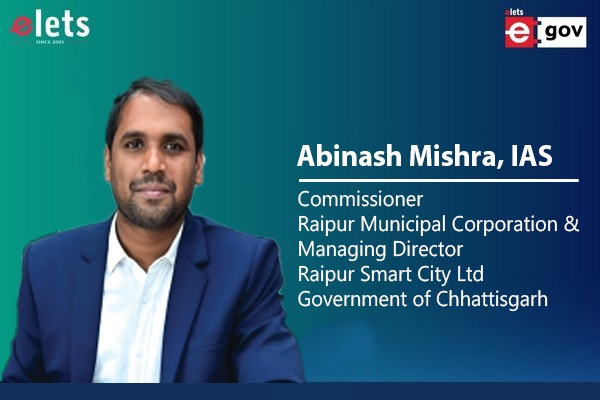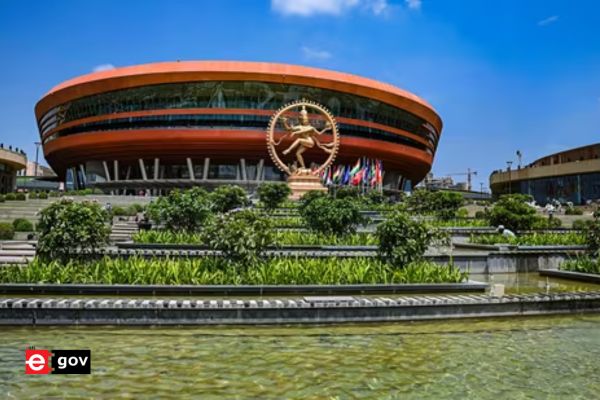
The 18th G20 Summit held in New Delhi under India’s presidency, has drawn to a close with a monumental success, as this historic summit culminated in the unanimous adoption of the New Delhi Declaration, marking a significant diplomatic triumph for India. Of particular note is the consensus reached on the Ukraine Crisis, showcasing unity between Russia and West on this contentious issue. The summit also witnessed the launch of several groundbreaking global initiatives poised to reshape the international landscape.
India took the reins of G20 Presidency on December 1, 2022, at a time when the world grappled with the lingering impacts of the COVID-19 pandemic, heightened geopolitical tensions between Russia and Ukraine, and mounting challenges related to global food and energy security. India, in its role as the G20 leader, embraced an inclusive governance approach, leveraging the platform to promote multilateralism and drive substantial contributions toward enhancing globalization. Through these efforts, India sought to redefine international negotiation processes and advance the sustainable development goals of the Global South.

Originally established as a forum for Finance Ministers and Central Bank Governors to deliberate on policies aimed at ensuring global financial stability, the G20 emerged in 1999 in response to the 1997 international financial crisis. However, it was the 2008 global financial and banking crisis that marked a pivotal moment in its history, leading to the inception of the first G20 Summit. Today, the G20 tackles a wide array of issues, including poverty and inequality, financial stability, and debt relief, all falling under the broad umbrella of the United Nations Sustainable Development Goals (SDGs) Agenda 2030.

Vasudhaiva Kutumbakam: India’s G20 moment

In the midst of a growing web of Western economic sanctions, which have exacerbated challenges faced by emerging economies, such as surging inflation beyond food and energy prices, the G20 Summit of September 2023 holds unprecedented significance. Against the backdrop of ongoing disruptions stemming from the persistent COVID-19 pandemic and the looming specter of a global recession, the policy decisions and strategies formulated at this summit have global resonance. The G20 member nations collectively wield substantial influence, accounting for more than 80 percent of the world’s Gross Domestic Product (GDP), overseeing 75 percent of global trade, and representing 60 percent of the global population.

Within this context, India’s leadership role at the summit is multifaceted. India’s Presidency is strategically positioned to navigate the complex landscape of pressing global issues and guide the G20’s collective efforts toward advancing the three pillars of sustainable development: People, planet, and prosperity. India’s objectives include fostering an inclusive post-pandemic recovery, promoting multilateral cooperation, addressing labor market challenges, enhancing health infrastructure, facilitating climate finance, and establishing effective debt governance mechanisms. Through these endeavors, India aims to make significant contributions to the betterment of the international community.
Major Outcomes:
Incorporation of the African Union (AU) as a Permanent Member of the G20
Geopolitical Significance
- The addition of the African Union (AU) as a permanent member of the G20 carries substantial geopolitical implications.
- By formally granting the 55-member African Union a permanent seat in the G20, there is a deliberate effort to enhance the group’s representativeness. The AU has been accorded equal status with the European Union (EU) in this context.
- This move effectively grants a stronger voice to the Global South within the G20, which has long been dominated by the G7 countries.
- The inclusion of the AU in the Delhi summit reaffirms India’s leadership role within the Global South.
- This development provides fresh momentum to India’s diplomatic relations with Africa, an aspect of Indian foreign policy that has experienced ups and downs over the decades. The incorporation of the AU represents a high point in Indian diplomacy, and it is imperative to seize this opportunity to fortify India-Africa relations.
Geo-Economic Significance
- The inclusion of the African Union (AU) in the G20 addresses the economic disparity in the representation of the G20, as Africa is positioned as the next global growth hub.
- Africa is rich in natural resources, with countries like the Democratic Republic of Congo possessing significant cobalt reserves, Morocco boasting the world’s largest phosphate deposits, and Nigeria having the potential to supply Europe with gas. These resources should be responsibly harnessed to power next-generation, environmentally friendly technologies such as electric batteries and vehicles.
Potential Challenges
- As the G20 expands to G21 with the inclusion of the AU, the possibility of heightened ideological divisions between Western nations and the Global South on issues of global common concern, such as funding for climate change mitigation, may arise. The AU will represent the collective voice of 55 African countries in such discussions.
- There is a concern that the rise of Chinese influence, fueled by significant investments in African countries, could lead to the African Union aligning with Chinese interests on contentious issues.
Launch of the India-Middle East-Europe Corridor (IMEC)
Geopolitical Significance
- The India-Middle East-Europe Corridor (IMEC) initiative aims to establish railway and maritime connections between Europe, the Middle East, and Asia. This project involves collaboration among India, the UAE, Saudi Arabia, the European Union, France, Italy, Germany, and the United States.
- IMEC serves as a substantial countermeasure to China’s Belt and Road Initiative (BRI), which has raised concerns over “debt traps” and diminished sovereignty in member countries.
- This initiative also contributes to the strengthening of the G20 group, providing a means to counterbalance the influence of China’s Xi Jinping and Russia’s Vladimir Putin.
- The IMEC project holds the potential to enhance geopolitical stability in the Middle East by promoting greater economic integration among Middle Eastern economies, including the UAE, Saudi Arabia, Jordan, Israel, and Europe.
Geo-Economic Significance
- The India-Middle East-Europe Corridor (IMEC) has the potential to drive increased prosperity among the participating countries by facilitating the flow of energy resources and digital communications.
- IMEC addresses the critical issue of infrastructure development required for growth in lower and middle-income nations. This corridor will serve as a green and digital bridge, incorporating a rail link, electricity cable, hydrogen pipeline, and high-speed data cable.
Possible Challenges
- A significant challenge lies in the timely implementation and construction of the IMEC project.
- Financing the corridor’s construction poses a substantial challenge, particularly in light of the global economic recession.
- Resistance from China may emerge, as China has heavily invested in the Belt and Road Initiative (BRI) and has made substantial investments in Middle Eastern economies, including Iran.
Launch of the Global Biofuel Alliance (GBA)
India, Brazil, and the United States have jointly inaugurated the Global Biofuels Alliance (GBA), encompassing countries responsible for 85% of global ethanol production. This initiative aims to create an international platform for sharing best practices, fostering sustainable biofuel development, and expanding its application.
Significance
- Facilitating Technology Transfer: Through the GBA, member countries can accelerate advancements in the compressed biogas sector and third-generation ethanol plant capacities by promoting technology transfer and mobilizing international climate funds.
- Promoting Higher Petrol-Ethanol Blending: GBA provides an avenue for countries to learn from successful cases like Brazil, where E-85, or 85% blending of biofuel with petrol, has been achieved, thereby promoting higher ethanol blending practices worldwide.
- Fighting Climate Change: The International Energy Agency (IEA) underscores the need to triple global biofuel production by 2030 to align with net-zero energy goals by 2030. GBA’s efforts to boost biofuel production and consumption contribute to mitigating global warming.
- Decarbonising Transportation: By advocating for the blending of petrol with ethanol, utilization of biodiesel, and Sustainable Aviation Fuel (SAF), GBA plays a pivotal role in reducing greenhouse gas emissions within the transportation sector.
Reducing Dependence on OPEC: Increased biofuel usage in blending reduces countries’ reliance on fossil fuels such as petrol and diesel, diminishing their susceptibility to the policies of organizations like OPEC and OPEC+.
Possible Challenges
- Technology Transfer Reluctance: Historically, the United States has been cautious about sharing its technology. GBA may encounter difficulties related to technological secrecy, which could hinder its objectives.
- Geopolitical Contention: The involvement of Western countries in GBA might face resistance from nations like China and Russia, potentially complicating membership expansion efforts.
- Biofuel Import Restrictions: Certain countries, like India, have imposed import restrictions on biofuels, posing a significant challenge to the development of the global biofuels market. GBA must address these inward-looking policies.
- Funding: Establishing a sustainable funding mechanism is essential for GBA projects. Given economic challenges and resource scarcity faced by global institutions like the World Bank and IMF, securing funding for GBA initiatives may be a significant challenge.
Launch of the One Future Alliance and Creation of a Global Digital Public Infrastructure Repository
The One Future Alliance is a voluntary initiative aimed at building capacity, providing technical support, and offering funding assistance for the implementation of digital public infrastructure in low- and middle-income countries. All G20 member countries have unanimously accepted a suggested framework for the development, deployment, and governance of Digital Public Infrastructure (DPI).
Significance
Global South Economic Development: DPI can serve as a potent mechanism for financial inclusion in global South economies.
India’s Leadership in Digital Infrastructure: Adoption of Indian innovations like UPI and India Stack can boost fintech, entrepreneurship, and existing businesses, enhancing India’s leadership role among global South economies.
Enhanced Economic Productivity: The adoption of Digital Infrastructure can increase the productivity of global South economies by reducing the Incremental Capital Output Ratio (ICOR).
Challenges
Need for Investment: The creation of digital public infrastructure necessitates substantial investments, which may be challenging for individual economies. This situation could open doors for external powers, such as China, engaged in “debt trap” diplomacy.
Data Protection Legislation: Digital Public Infrastructure generates significant data, which multinational corporations often exploit. Global South countries must establish robust data protection laws to safeguard against potential “tech colonization.”
Progress on Climate Change
G20 leaders have agreed to triple global renewable energy capacity by 2030 and acknowledged the necessity of phasing down unabated coal power. However, the group has not outlined specific plans to amend existing policies and targets to achieve these renewable energy goals. The G20 estimated that an annual investment of $4 trillion would be required to facilitate a green energy transition but did not provide a clear pathway to achieve this objective. Additionally, the G20 did not set forth major climate-related goals.
Significance of India’s G20 Presidency
India’s Ascendant Economic Influence:
Given its status as the world’s fastest-growing major economy, India’s position within the G20 assumes paramount importance. Its presidency offers a unique opportunity to reinforce economic bonds with fellow G20 nations.
India’s Trailblazing Leadership in Addressing Climate Change: India has consistently championed the cause of climate action. In a world grappling with the formidable challenge of climate change, India’s presidency holds the potential to establish a global precedent for collaboration and concerted efforts on this pressing issue.
India’s Emphasis on Inclusive Growth: Under its leadership, the G20 agenda will place a significant emphasis on inclusive growth, concentrating on critical areas such as infrastructure development, employment generation, and the empowerment of women.
India’s Strategic Relevance: Assuming the G20 presidency elevates India’s stature, providing a prominent platform for engagement with other major global powers, including the United States, China, and Russia. It positions India to engage actively in discussions on pressing global concerns.
Becoming the Representative Voice of the Global South: India’s dual role, convening meetings of the Global South in conjunction with G20 sessions, establishes it as a spokesperson for previously marginalized Global South nations, ensuring their voices are heard on the world stage.
India’s Pivotal Role in Promoting Quality Healthcare: India’s instrumental role in ensuring equitable access to vaccines, financing, and other vital resources for developing and low-income countries during the pandemic highlights its capacity to spearhead efforts towards universal, affordable, and high-quality healthcare services.
About G20
The G20 is composed of 19 member countries: Argentina, Australia, Brazil, Canada, China, France, Germany, India, Indonesia, Italy, Japan, the Republic of Korea, Mexico, Russia, Saudi Arabia, South Africa, Turkey, the United Kingdom, the United States, and the European Union. Together, these members account for approximately 85% of the world’s GDP, 75% of total international trade, and represent two-thirds of the global population.
Be a part of Elets Collaborative Initiatives. Join Us for Upcoming Events and explore business opportunities. Like us on Facebook , connect with us on LinkedIn and follow us on Twitter, Instagram.
"Exciting news! Elets technomedia is now on WhatsApp Channels Subscribe today by clicking the link and stay updated with the latest insights!" Click here!







